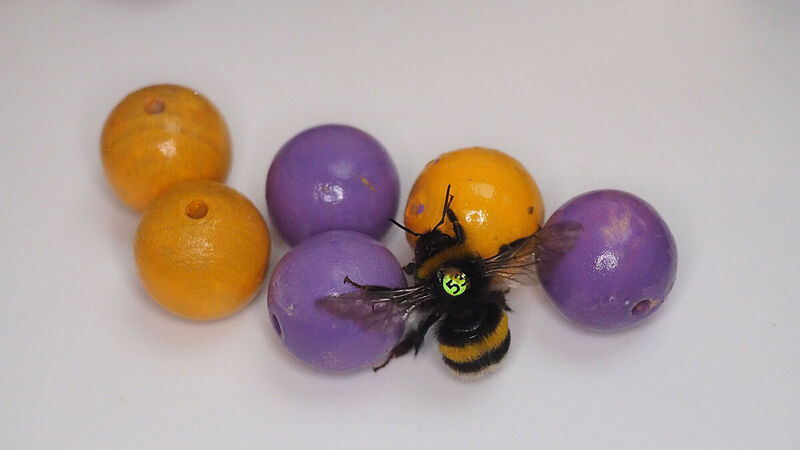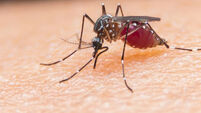Richards Collins: Busy bees still make time for play

Bumble bees rolling balls for enjoyment as researchers have, for the first time, observed insects interact with inanimate objects as a form of play. Picture: Richard Rickitt/PA
‘Play’ is a most misused adult word. To a child, it’s a way of life. To an adult, it often means unimportant recreational things we do when we are not working’ — Jean-Jacques Rousseau.
Only mammals and birds are known to ‘play’. Behaviour pursued for the sheer joy it has been recorded only among vertebrates.









